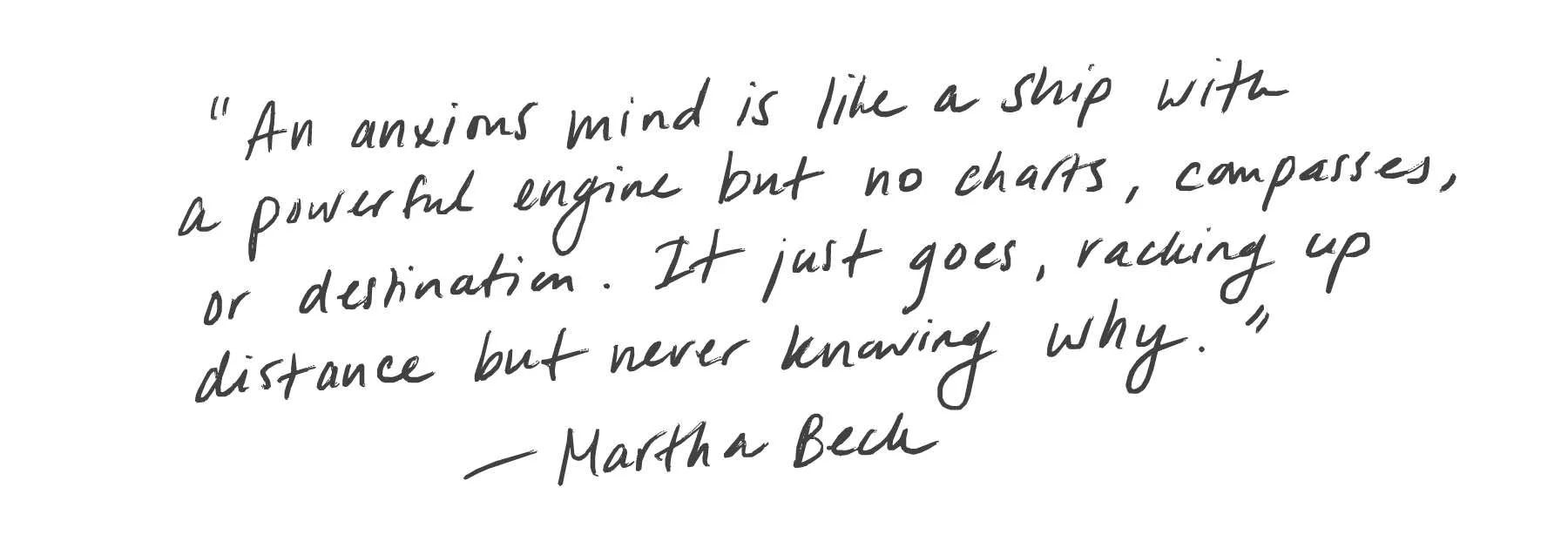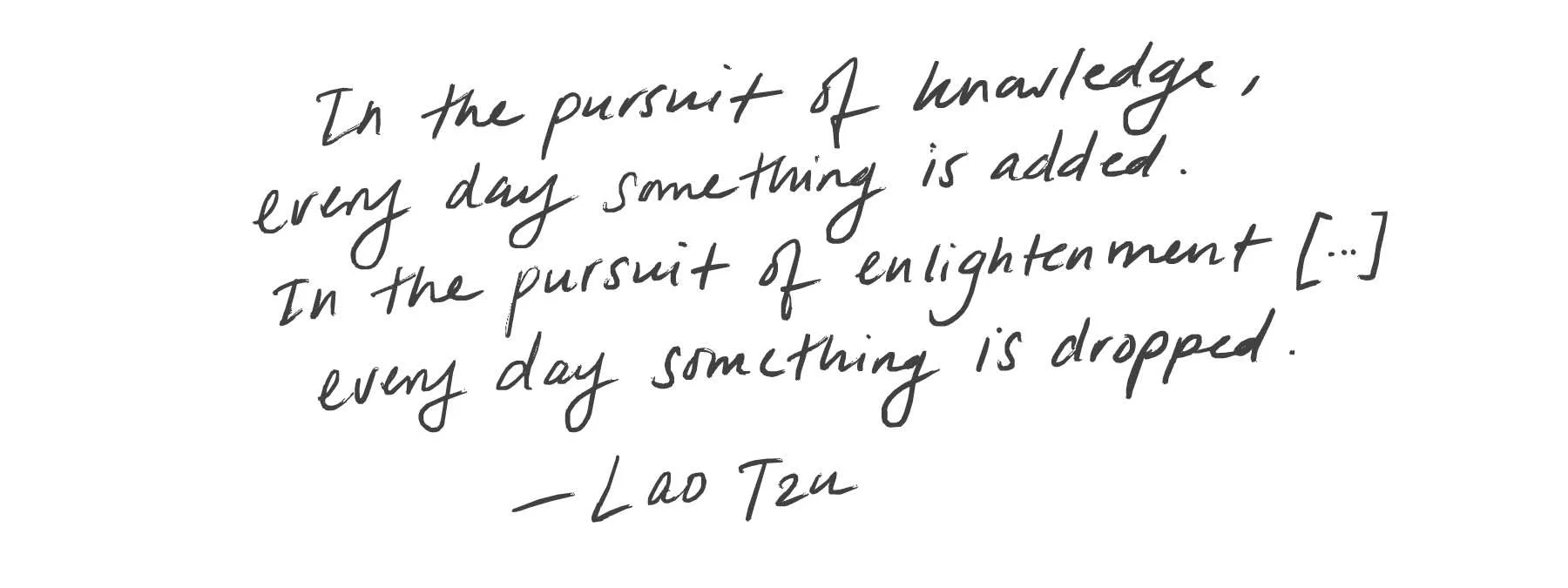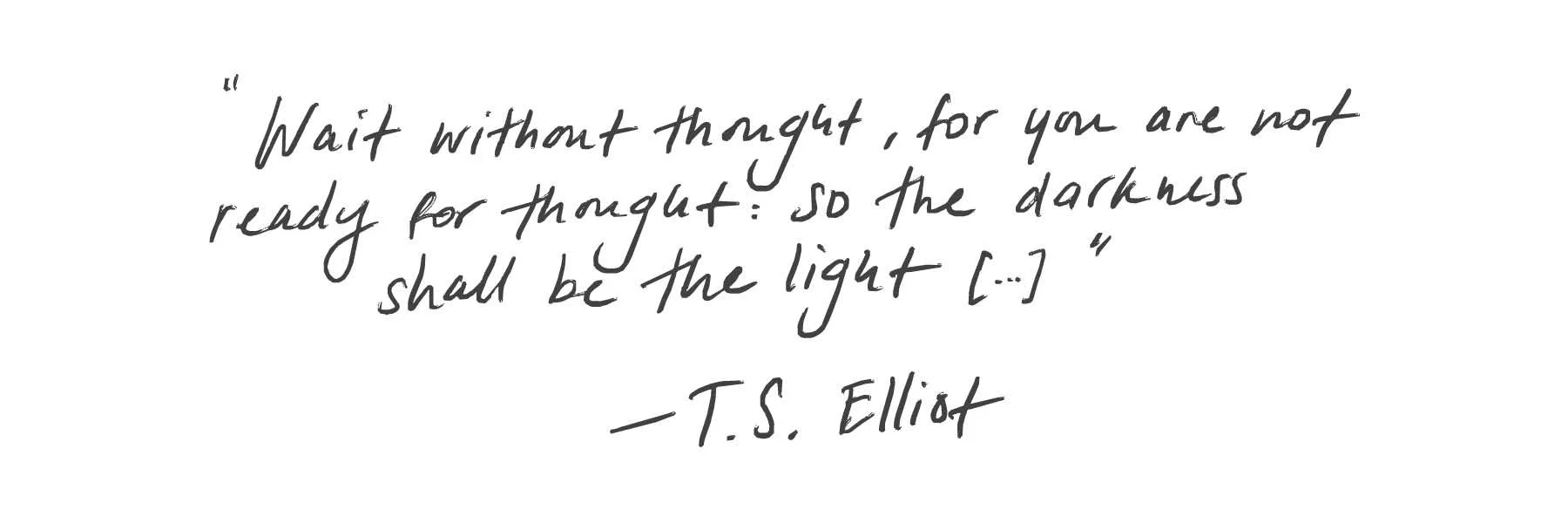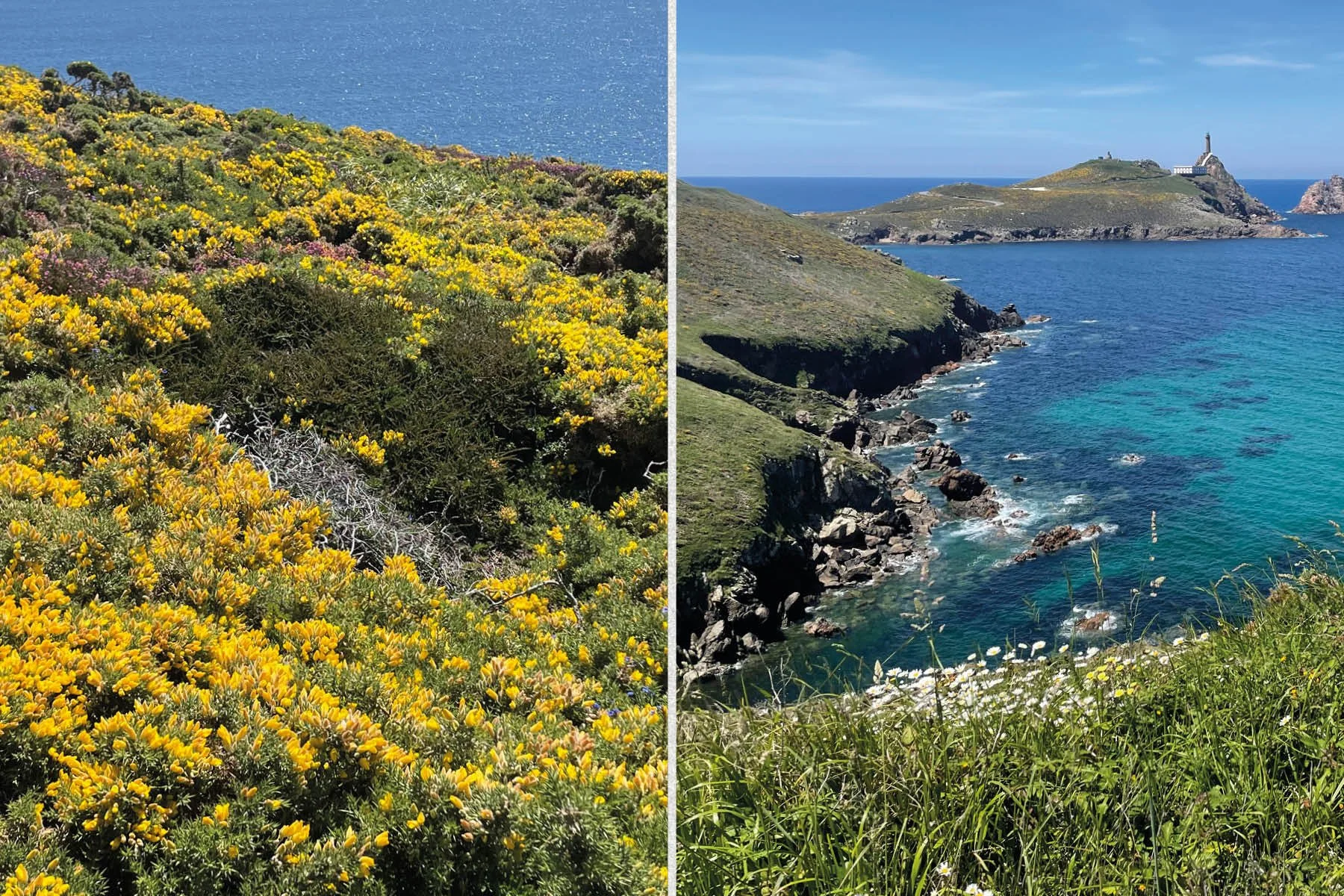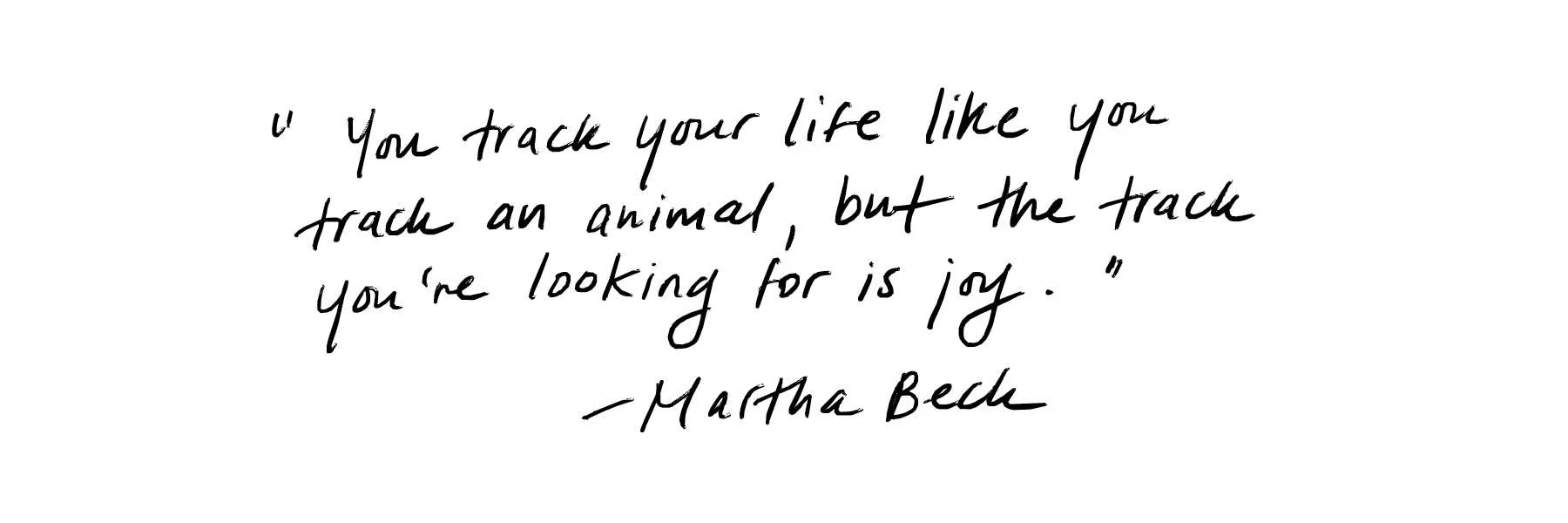Hello from the Netherlands :) It's been almost a year since my husband and I took a year off—like many people, I’d been feeling lost in my life and career. We planned to travel, but I didn't expect to go on such an emotional journey. Here's the story of how I found my way again.
*
"It's a few degrees above zero," said a friend, gesturing to the water.
It was the tail end of winter. We were standing at the edge of a Nordic lake—the moon was rising over the low, flat lands.
Nearby, three friends were huddled around a fire, wrapped in thick wool blankets. I was wearing a borrowed bathrobe. At that moment, I wanted only to go back to warmth and comfort, instead of plunging into the cold, dark water.
"We'll be watching," said my friend reassuringly, "in case you go into shock."
I exhaled and let the robe drop. Glowing pale in the moonlight, I lowered myself down the rungs of a cold, metal ladder. The lake waters licked my feet. Then, I let myself fall.
*
All my life, I felt guided by intuition. While others floundered after high school, I set sail straight away—going to art school, studying design, and starting a studio. Building my business felt like a sport: it was hard work, yes, but fun.
Then came the pandemic. This, paired with work and legal challenges, put me in a state of stress and anxiety. Over time, I went from feeling like an athlete, playing a game, to a soldier, fighting a war. Though I wasn't in any actual danger, my body didn't seem to know that.
Humans have a 'fight or flight' response that turns on in tough times. But one can only live this way for so long. One survey found that nearly half of workers struggle with burnout; year after year, the numbers are increasing. Though the term "burnout" isn't a medical one, it is associated with real physical consequences.
At night, my mind was filled with deadlines, disputes, and not-so-natural disasters. Soon, I developed chronic insomnia. People can function without much sleep for many years, but eventually, they reach a dead end.
Up until the pandemic, I felt as if I was following some north star: whatever the terrain, I could find the way. Now, I wasn’t sure I was headed in the right direction. My life's work felt dead; the trail had gone cold.
*
Soon after, my mother-in-law got sick. As a result, my husband and I decided to spend time in his native Netherlands. It was a rare chance to take stock, re-evaluate, and—some would say—relax.
But I didn't. Though my stressors had subsided, I was still in soldier mode—so I attacked the problem. I considered career changes, plotted 5-year plans, made spreadsheets, and set deadlines. Progress was made, but in a very linear, logical way. I later learned that stress and anxiety may shut down one's intuition. And so my plans were sound—but not guided.
Though I'd long run out of fuel, I kept going. My husband kept telling me to slow down. Finally, I listened.
*
Earlier this year, I found myself alone on a long weekend. I decided—on impulse—to do an at-home meditation retreat: for a few days, I'd do nothing but eat, sleep, and rest.
At first, I was terribly, terribly bored, and I cursed my past self for agreeing to this plan (and locking my phone and laptop safely out of reach). I alternated between waves of dreariness and depression, feeling as if my self-worth was somehow tied to productivity (a phenomenon others have called "internalised capitalism").
Eventually, I let that go. After a while, my monkey mind stopped thrashing the bars of its cage. And finally, I slowed to a halt.
Stress and anxiety are, at their root, fear—but fear that has been abstracted, generalised and projected onto an imagined future. When I finally became present, I felt peaceful—for the first time in a long time.
Mindful practices sometimes describe thoughts, feelings, and sensations as clouds. During my meditation retreat, the skies began to clear. And when they did, I caught a glimpse of my north star.
*
What I call my “north star” has many names. Meditation teacher Light Watkins calls it “the heart voice”—the intuition, knowing, or inner compass that guides one’s path. In the Bible, it's described as “the still, small voice.” In some Hindu traditions, it's the part of us that “knows without thinking."
Sometimes, this intuition is felt as a physical sensation. In the past, following my north star felt expansive, as if my ribcage was unfurling like a flower. One friend described it as a tangible 'click'—a kind of "ah, things are snapping into place." Other times, this intuition expresses itself in words.
*
By day three of my meditation retreat, I felt as if there was something that needed to end, to go away, or to die. But what?
That evening, I grabbed out a large, full-sized notepad, dimmed the lights, and sat down at the dining room table. I let my hand drift across the page and scribbled absentmindedly, hoping the feeling would take form.
"Kill Your Self" I wrote down on the notepad. The 'S' was capitalised.
What I think of as the "Self" is more commonly known as the "Ego”—a self-created mental construct of who we are (like an athlete or a soldier). In many wisdom traditions, enlightenment means leaving the Ego behind; one of Buddhism's central teachings is 'anata,' which translates to 'no self.'
I looked down at my notepad, a little stunned. For the first time in a long time, my intuition had given me a clear directive. The question was: how was I going to heed it?
*
From fasting to dancing, cultures across the world use rituals to help make the spiritual, tangible. When wondering how to follow my intuition's guidance, I thought of creating my own version. Whatever I ended up doing, I felt it should involve water.
There's something about water that feels like a sort of 'collective consciousness' to me, as strange as that might sound. Eons ago, life evolved in oceans—even today, the salinity of our blood resembles that of the primordial seas. In utero, we're cocooned in amniotic fluid; early fetuses have gill-like features. As adults, we are around sixty percent H2O.
I remembered, years ago, watching a woman lower herself into the Ganges river, which many believe purifies one's spirit—leaving them as sinless as a newborn. And so, to help dissolve my Self, I decided to submerge it.
A couple of weeks later, I found myself at the edge of a dark lake. It was time to take the plunge.
*
Standing on the last rung of the cold, metal ladder, I let myself fall.
The shock of the cold water made me gasp, as if it were my last breath. The pain felt like annihilation; it was too much to take in without losing myself. So, I surrendered.
The boundaries of my body dissolved, and for a moment, I felt infinite. The still waters reflected the starry skies above. I floated in the darkness and gazed up at the Milky Way—a great cosmic womb.
Then I emerged from the lake, dripping wet: newly baptised, reborn.
*
This wasn’t the first time I felt called to reinvent myself. Years ago, between high school and university, I went camping with friends; when we returned to the car, I caught a glimpse of myself in the rearview mirror—and realised, with a shock, that I'd expected to see red hair instead of my usual brown. So, I started dyeing it. This marked the beginning of a new era: one defined by the athlete-turned-soldier mentality I used to blaze through life.
But after emerging from the lake on that cold winter night, I could no longer stand the sight of red. Instead, I wanted to see gold.
*
Not long after my nighttime swim, my husband and I left for a three-month trip.
Most of the time, we camped. Sitting quietly at our site, we watched the bees go about their business. They flitted from flower to flower, then stopped to rest, embracing a bud. They were exerting themselves, yes, but at their own pace.
Nature has a rhythm, and it's much slower than what we’re used to. There's an ebb and flow, a spaciousness, and a gradual unfolding.
Eventually, I surrendered to this slower pace. Long stretches of time—hiking, cooking, sitting—were spent in silence. My husband and I disconnected from the news and noise of the modern world—now, the only troubles we encountered were those we dealt with in our day-to-day.
All this made us present. And being present is the only way for one's body to know that, right now, it is safe. Eventually, I was able to drop into deep rest—the opposite of 'fight or flight.' I slept soundly.
*
Partway through our trip, we decided to walk the Camiño dos Faros—a multi-day hike tracing the Spanish coastline from one lighthouse to another.
Many walk the Camiño in search of grace or guidance. But, as with all pilgrimages, it's not the destination that matters most; rather, it's the journey that gives the pilgrims what they seek.
All along the trail were steep, stone cliffs. The waters were calm; the horizon, infinite. We walked slowly, rhythmically, for hours on end. The effort of it quieted my mind; there was no energy left for thought.
Soon, we reached a stretch of golden hills; the whole coastline was covered in yellow flowers. I felt light, happy. The landscape itself seemed to sing for joy.
ntuition can speak to us in mysterious ways: with inklings, images, and in my case, colours. Ever since my nighttime swim, I felt drawn to gold. And gold, for me, feels like joy.
Up until then, I'd thought the purpose of life was to be fulfilled. For me, this implied hard work—a sort of "sharpening of the sword" mentality—to grow, develop, and fulfil one's destiny. But now, more and more, I only wanted one thing: to be happy.
While on the trail, we found our way by going from one lighthouse to another. For this next part of my life, I realised, the lighthouse is joy.
From then on, joy was my guiding light.
"I've spent the last couple of decades pushing myself," I told a friend, "now I want to be pulled." And when I followed my joy, I was pulled in all sorts of unexpected ways: to connect, to coach, and to write.
Paying attention to joy requires that I be present, and presence makes me peaceful. Stress and anxiety are the fog that clouds intuition—when calm, I’m more able to see my north star. This virtuous cycle keeps me on track: finally, I feel like I’m headed in the right direction.
I told a friend about my new path. "Well, whatever you do," she said, "you'll do it with ambition." "Maybe," I replied, searching myself for signs of joy. There were none. All my adult life, I was focused on ‘doing’: working, striving, achieving. Now, I want to focus on ‘being’: peaceful, joyful, gold.
*
The story of finding my way again, told like this, risks seeming like a straight line. I can assure you, though, it felt like bushwhacking. There were countless dead ends and missteps; only looking back does the path become clear.
Finding my way involved some odd twists and turns, but you don't need to follow the same route. Just create space—with meditation, nature, or quieting the news—become present, peaceful, and open yourself up to what your intuition has to say. Then, surrender. And perhaps, if it resonates with you, pay attention to joy. Notice what makes you feel expansive, what brings that sense of 'click,' or what pulls rather than pushes you forward. You might find yourself headed in a totally new direction.
Now, I still don't know where my north star will lead—but I know exactly how to get there. And when I lose my way, I can find it again. You can too.
—Anna
*
What do you think?
Thoughts, ideas, and suggestions welcome.


